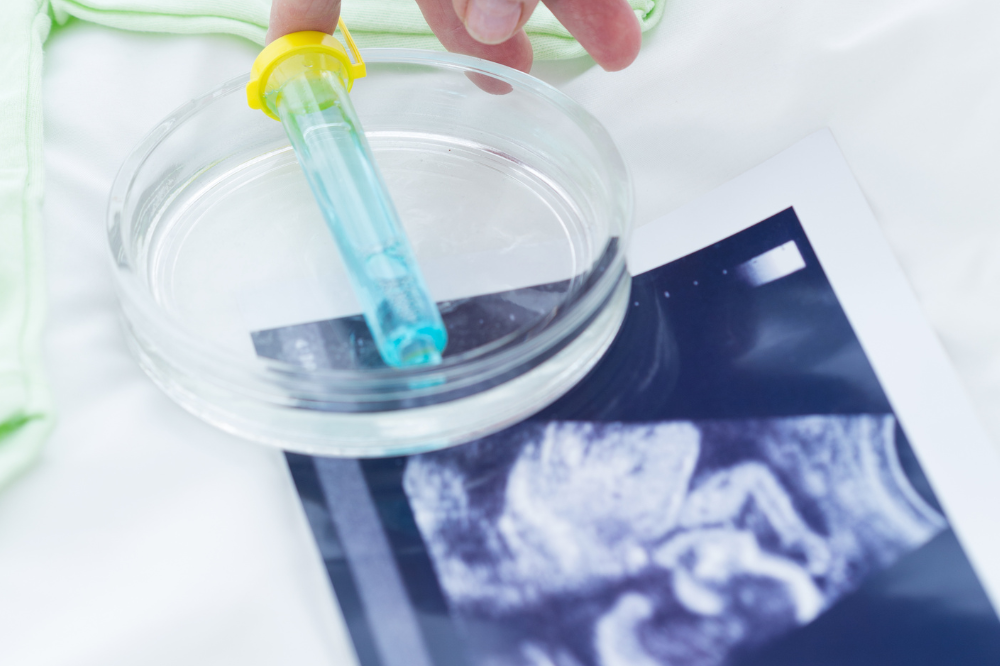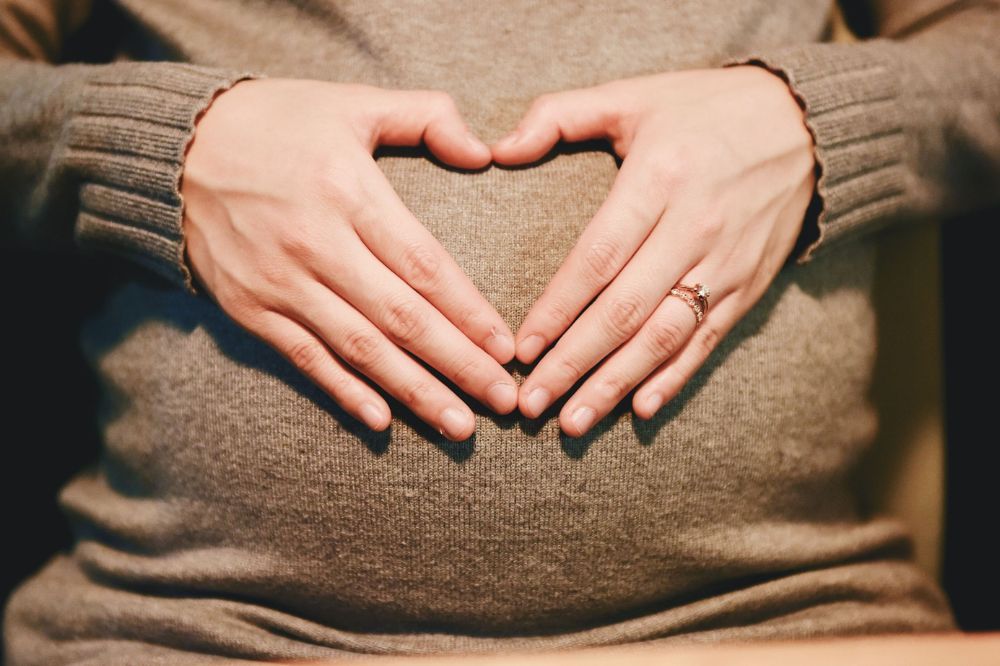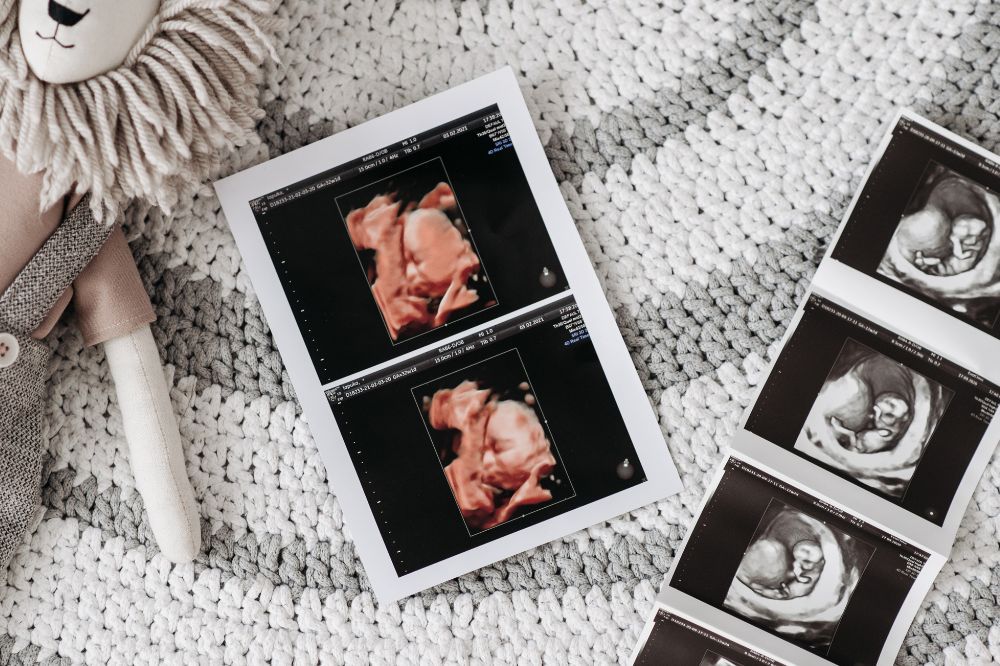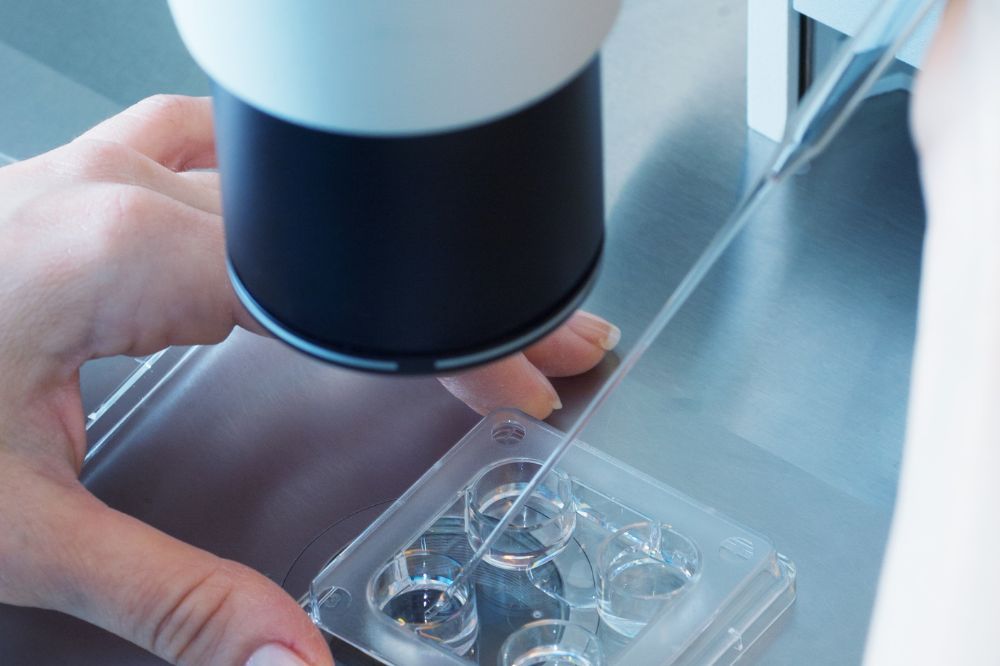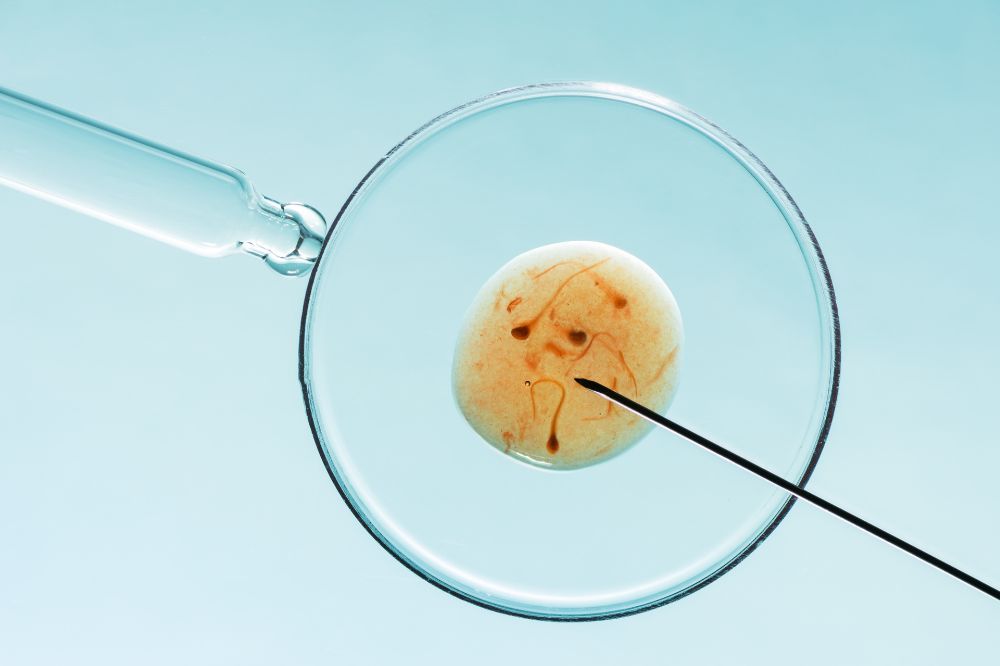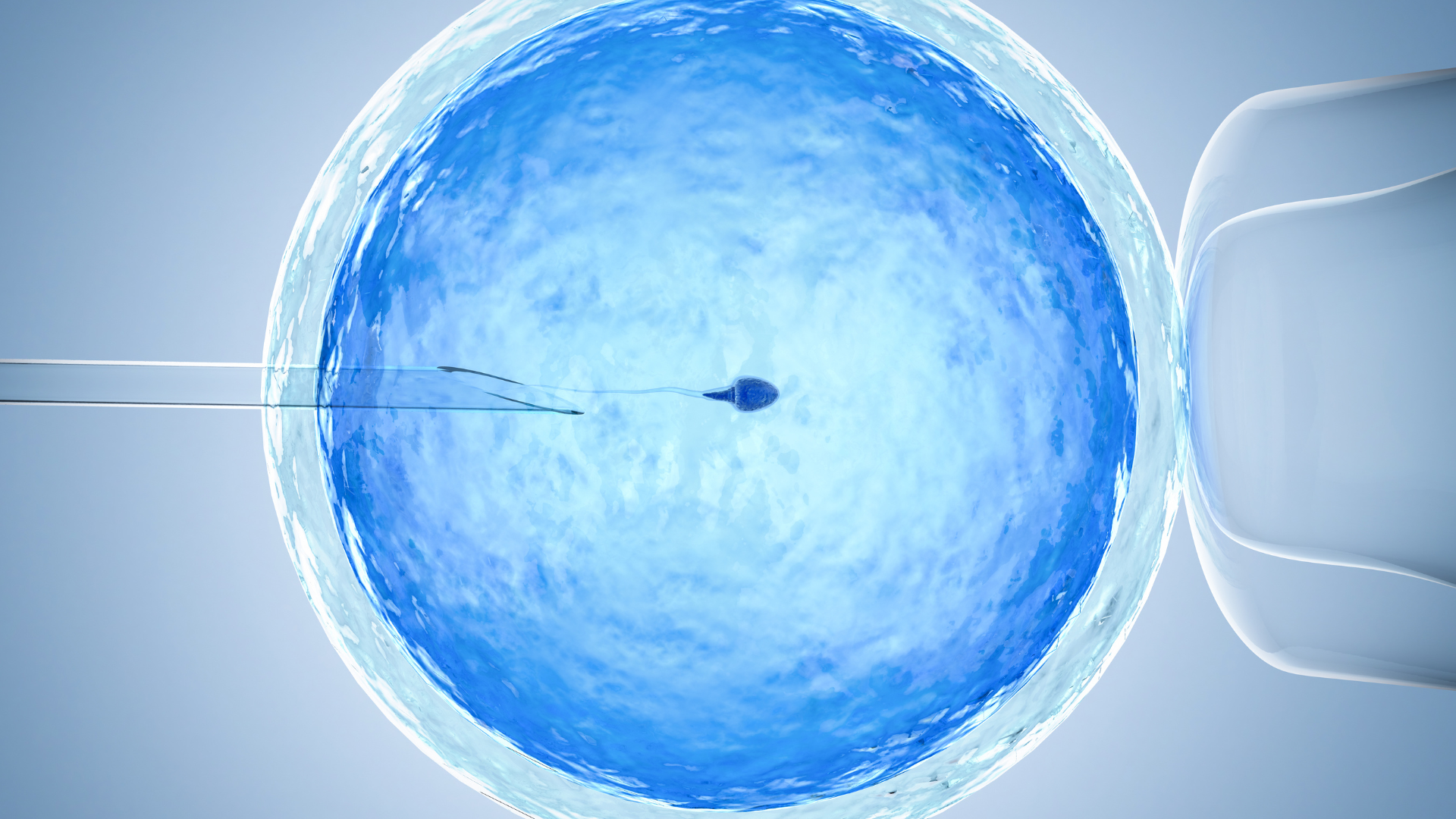Infertility and Assisted Reproductive Technology
Trying to get pregnant without success can be heartbreaking. Assisted reproductive technology (ART) refers to medical procedures that are done to help achieve pregnancy by handling both eggs and sperm. These procedures can provide hope for those who have been struggling with infertility when other options haven’t worked.
The Center for Reproductive Health is a leader in the field of infertility and assisted reproductive technology. Before our fertility experts recommend a particular form of ART, you’ll undergo a consultation and a thorough examination to try to find out the cause of infertility. Having difficulty achieving pregnancy could be because of problems with the man, woman or both.
Types of Assisted Reproductive Technology
There are several fertility treatments that fall under the umbrella of ART and these may be recommended if fertility medications haven’t helped. Some types of ART include:
- In vitro fertilization (IVF). IVF is probably the most well-known form of ART. The egg is fertilized outside the woman’s body. This is done by harvesting eggs from the mother and fertilizing them by combining them with sperm in a lab setting. After a few days, the embryos are implanted in the woman’s uterus. Prior to harvesting the eggs, hormones are given to stimulate the ovaries, helping to produce multiple eggs. A newer alternative is called mini IVF and is done by minimally stimulating the ovaries. This can lead to fewer but better quality embryos.
- Frozen embryo transfer. Embryos that aren’t used can be frozen for future use. During frozen embryo transfer, these embryos are thawed and implanted into the uterus.
- Intrauterine insemination (IUI). This procedure is commonly called artificial insemination. It’s done by processing and washing sperm to enhance sperm quality and then injecting it into the uterus as close to ovulation as possible. Ovaries may be stimulated before the procedure is done to help improve the chance of attaining a successful pregnancy. It simplifies the sperm’s journey to the egg which may solve problems with male factor infertility or mild cervical mucous.
- Intrafallopian transfer. This is a procedure that’s similar to IVF. Multiple eggs are collected from the ovaries, and the eggs and sperm are placed in the fallopian tube using laparoscopic surgery.
- Intracytoplasmic sperm injection. This form of treatment involves injecting a single sperm into an egg. This approach may be recommended if there’s very low sperm count.
The sperm and eggs being used for these procedures often come from the couple undergoing treatment, but donated sperm, eggs and embryos are also an option. Having a consultation with a fertility expert is the best way to find out what forms of treatment may be available to you.
The team at the Center for Reproductive Health is committed to helping couples find the best form of treatment for infertility, often with the help of ART. If you’re interested in learning more about ART, schedule an appointment for a comprehensive examination and evaluation. Call today with any questions you may have or to schedule an appointment.


